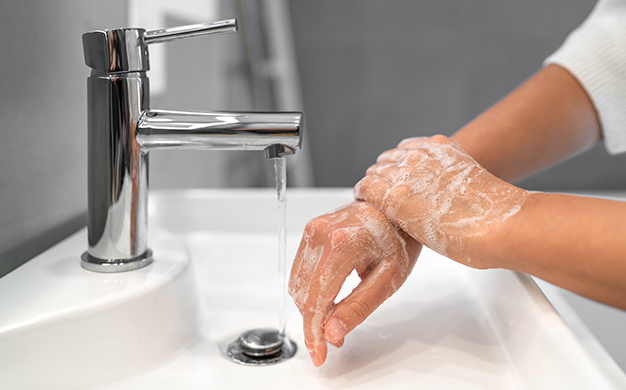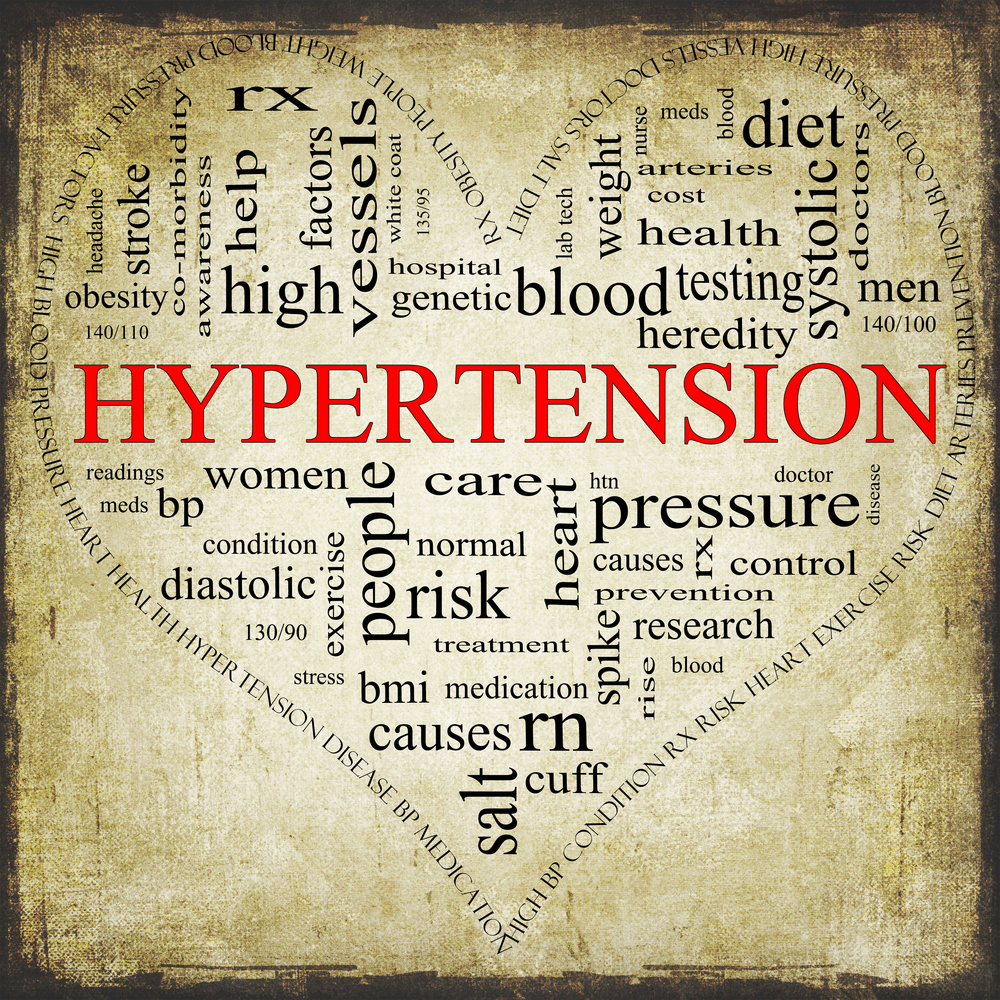With this article, you will get to know why hand hygiene, with other public health measures such as wearing a mask and social distancing, remains an effective tool against the coronavirus. Hand hygiene, despite covid vaccine, is crucial in disease prevention.
The coronavirus vaccination drive is going on around the world. Yet health care experts have been warning people to stick to the covid-19 safety guidelines to stop the spread of the virus. Unfortunately, getting vaccinated against the coronavirus does not mean we are free to go maskless or avoid physical distance. Covid preventive measures, including hand hygiene, wearing masks, and social distancing, will continue to be an integral part of daily routine even after you are vaccinated.
Importance of Hand Hygiene despite Covid-19 Vaccine
Handwashing is an effective tool to keep the novel coronavirus infection at bay. Washing your hands with soap remains the best defence against the SARS-CoV-2 virus. Washing hands is crucial to avoid Covid infection, but it can also help prevent many more other infections, making a huge difference in our health. Ahead of the vaccination drive, simple handwash with running water and soap help in keeping many infections at bay. The germs present on different surfaces and objects can spread the virus when we touch our eyes, nose, or face without washing hands. The virus can stay on the lift buttons, doorknobs, delivery packages for long hours, and the risk of spreading the infection are higher if we touch ourselves without washing or sanitising our hands.
More than a year into the coronavirus pandemic, handwashing remains one of the best defences against the virus, along with other preventive measures such as maintaining physical distance, avoiding crowded places, practising cough etiquette and wearing masks whenever you step out.
Handwashing has always been most of the effective ways to keep diseases away. Hand hygiene is one of the major protocols to avoid Covid-19 infection, along with social distancing and wearing masks, even after you have received your Covid-19 vaccine.
The pandemic has made everyone aware of the importance of handwashing. It is quite a simple act that pays to keep ourselves healthy and safe. Now, as we all embrace the new normal and live with Covid-19, hand washing needs to become an important part of our daily routine and lives as we live through this pandemic and beyond to protect ourselves. With the coronavirus transmission mainly spreading between people through direct, indirect, or close contact with infected people via nose and mouth secretions, Covid appropriate behaviour, including handwashing, is critical. The practice of handwashing at regular intervals is a must after coughing, sneezing, using toilets, before eating or handling a pet.
When should you Wash or Sanitise hands?
Handwashing is the first line of defence against Covid-19 and is vital to prevent the spread of many other diseases. According to health care experts, you should wash or sanitise your hands:
- After touching vegetables, fruits, or any packages from outside
- After touching raw meat, poultry products or fish
- While removing or wearing a mask
- Before preparing or eating food
- After sneezing in your hands or blowing your nose
- After touching the doorknob and lift buttons
- After handling garbage or contact with cleaning-cloth and garbage bins
- Before wearing or taking out contact lenses
- While treating a wound
- Before taking medicine or preparing an injection
- After handling pets, or animal waste
- When looking for a person who is sick at home or in hospital
- After using the washroom
Here’s the correct way to wash your hands to avoid Covid and other infections:
- Remove rings, watch, or other hand accessories before washing your hands
- Wet your hands with running tap water
- Apply soap or handwash and scrub your hands for 20 seconds.
- Make sure you rub hands together rapidly across all surfaces of your hands and wrists
- wash hands with running water and make sure no traces of soap are left
- Dry your hands with a clean towel or air dry them
Conclusion
The bottom line is, pandemic or not, hygiene is an important aspect of health. See your doctor immediately if you develop an infection or have any health issues. Public health interventions such as handwashing have been the first line of defence against the coronavirus, helping to save millions of lives across the world. While hand hygiene remains at the forefront of public health and awareness, we all must take this opportunity to work together to change people’s hygiene behaviours at a massive scale.



